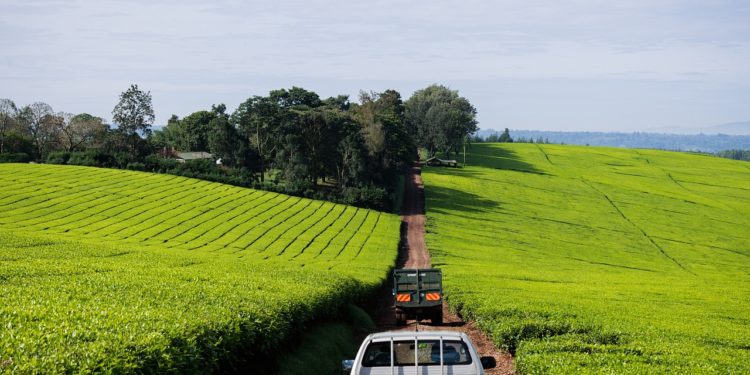Climate change has significant economic impacts on Kenya, affecting various sectors and posing challenges to the country’s sustainable development. The agriculture sector, which is highly dependent on rainfed farming, is particularly vulnerable to climate variability. Erratic rainfall patterns, prolonged droughts, and extreme weather events disrupt agricultural cycles, leading to reduced crop yields and livestock productivity. This, in turn, affects food security and income stability for rural households.
The tourism sector, another crucial component of Kenya’s economy, is also at risk due to climate change. Changing weather patterns and extreme weather events can alter ecosystems, impacting wildlife behavior and biodiversity. This can lead to reduced tourist numbers and revenue, affecting job opportunities within the sector. For instance, Kenya’s renowned Maasai Mara National Reserve has experienced changes in wildlife migration patterns due to shifts in rainfall, potentially affecting the tourism draw.
Additionally, climate change increases the likelihood and intensity of extreme weather events such as floods and droughts, which can cause extensive damage to critical infrastructure and disrupt supply chains. The economic toll of these events can reverberate across various industries, leading to reduced productivity, increased costs, and potential loss of investments. Floods, in particular, have been known to destroy roads, bridges, and buildings, necessitating costly repairs and reconstruction efforts.
Water resources are also under threat due to climate change, impacting both agriculture and urban areas. The World Bank highlights that water scarcity can lead to conflicts over water use, reducing economic productivity and increasing social instability. As droughts become more frequent, the strain on water supplies for irrigation, drinking, and industrial use intensifies, posing a significant challenge for sustainable economic development.
To address these challenges, Kenya has implemented climate adaptation and mitigation strategies. In January 2023, the President William Ruto established a State Department for Environment and Climate Change under the Ministry of Environment to underline the government’s commitment to protecting the country from the adverse effects of global warming. Furthermore, the National Climate Change Action Plan (NCCAP) outlines various initiatives aimed at enhancing resilience and reducing greenhouse gas emissions. These include promoting renewable energy, improving water resource management, and advancing climate-smart agriculture.
















